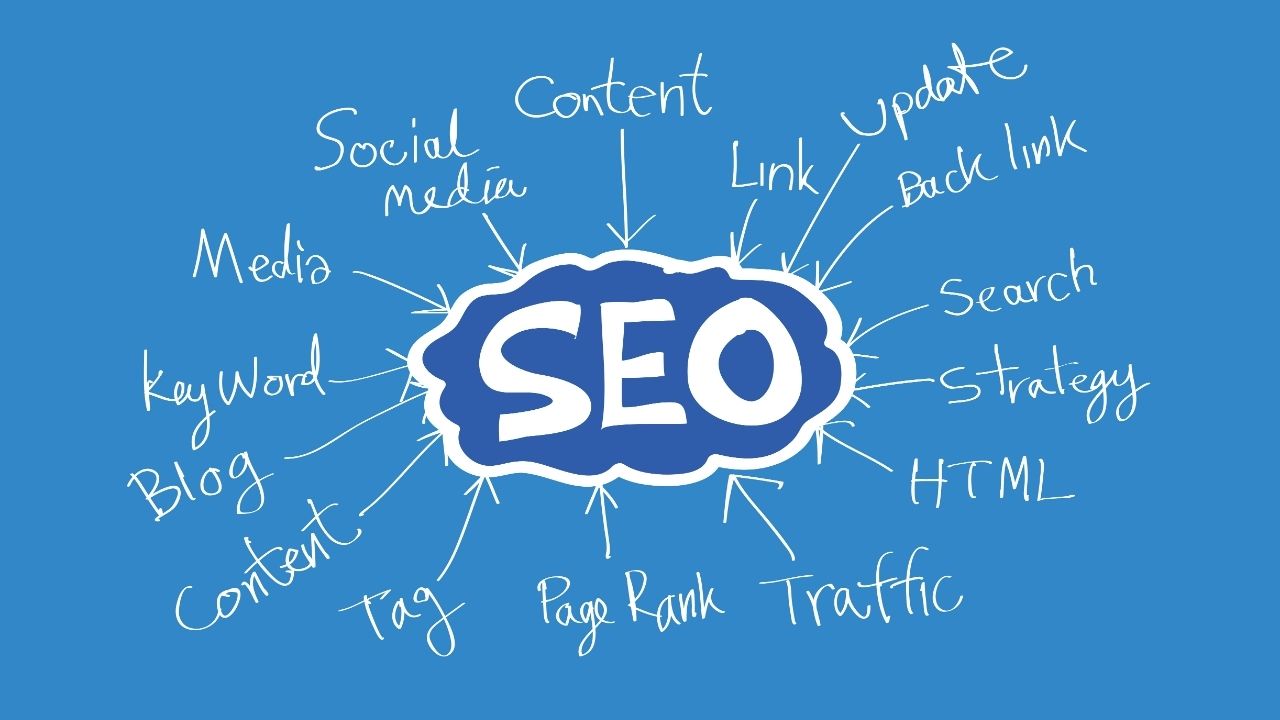Table of Contents
Search Engine Marketing (SEM) is a digital marketing strategy used to increase the visibility of a website in search engine results pages (SERPs). It involves both paid advertising (PPC) and organic methods (SEO) to drive traffic and generate leads. In 2024, Search Engine Marketing continues to evolve with new tools, technologies, and best practices. To succeed, marketers must stay informed and adapt to changes quickly.
The Importance of Keyword Research
Keyword research remains a cornerstone of Search Engine Marketing. Identifying the right keywords ensures your ads and content reach the target audience. Tools like Google Keyword Planner, SEMrush, and Ahrefs are essential for discovering high-traffic keywords with low competition. In 2024, it’s crucial to focus on long-tail keywords as they tend to have higher conversion rates and lower cost-per-click (CPC).
Crafting Compelling Ad Copy
Creating compelling ad copy is critical for successful SEM campaigns. Your ad must grab attention, convey a clear message, and include a strong call-to-action (CTA). A/B testing different versions of your ad copy can help determine which performs best. In 2024, consider incorporating dynamic keyword insertion (DKI) to tailor ads more precisely to search queries, enhancing relevance and improving click-through rates (CTR).
Leveraging Automation and AI
Automation and AI are transforming Search Engine Marketing. Tools like Google Ads Smart Bidding use machine learning to optimize bids for conversions or conversion value. These tools analyze vast amounts of data to make real-time adjustments, maximizing your budget’s effectiveness. In 2024, leveraging AI can help streamline your SEM efforts, reduce manual tasks, and improve overall campaign performance.
Optimizing Landing Pages
An often-overlooked aspect of SEM is the landing page experience. A well-optimized landing page can significantly boost conversion rates. Ensure your landing page loads quickly, is mobile-friendly, and contains relevant, high-quality content. In 2024, using personalized landing pages tailored to different audience segments can enhance user engagement and increase the likelihood of conversions.
Utilizing Advanced Targeting Options
Advanced targeting options allow marketers to reach specific audience segments more effectively. Google Ads and Bing Ads offer various targeting options, including demographic, geographic, and behavioral targeting. In 2024, utilizing audience segmentation and retargeting strategies can help ensure your ads are shown to the most relevant users, improving the ROI of your SEM campaigns.
Keyword research remains a cornerstone of Search Engine Marketing. Identifying the right keywords ensures your ads and content reach the target audience. Tools like Google Keyword Planner, SEMrush, and Ahrefs are essential for discovering high-traffic keywords with low competition. In 2024, it’s crucial to focus on long-tail keywords as they tend to have higher conversion rates and lower cost-per-click (CPC).
Measuring and Analyzing Performance
Continuous measurement and analysis are crucial for SEM success. Key performance indicators (KPIs) such as CTR, conversion rate, and return on ad spend (ROAS) should be regularly monitored. Tools like Google Analytics and third-party platforms provide insights into campaign performance. In 2024, leveraging data analytics will be vital for identifying areas for improvement and making data-driven decisions.
Keeping Up with Trends and Updates
The SEM landscape is constantly changing, with search engines frequently updating their algorithms and advertising policies. Staying up-to-date with these changes is essential. Follow industry blogs, participate in webinars, and join professional networks to stay informed. In 2024, being proactive and adaptable to new trends and updates will give you a competitive edge in Search Engine Marketing.
Conclusion: Adapting to the Future of SEM
Search Engine Marketing in 2024 requires a combination of traditional strategies and innovative approaches. From thorough keyword research and compelling ad copy to leveraging automation and optimizing landing pages, each element plays a critical role in a successful SEM campaign. By utilizing advanced targeting options, continuously measuring performance, and staying informed about industry trends, marketers can achieve significant results. As the digital landscape evolves, those who adapt and innovate will thrive in the competitive world of SEM.





